The Chaotic Response to Coronavirus Mirrors the Failures of 1914
Government leaders everywhere are calling for their people to wage war against the coronavirus outbreak, recalling past victories in an effort to boost public morale. In Britain, politicians cite the Second World War as a suitable example of determined and successful resistance to a terrifying enemy.
Yet the faltering response of the British authorities to the Covid-19 pandemic so far is much closer to the failures of 1914 than anything that happened in 1940. The parallels are striking between the crisis today and the one that exploded on the world just over a hundred years ago. Then as now there was poor leadership – inadequately prepared and hampered by an initially mistaken strategy – sending frontline forces over the top to suffer massive losses. The difference is that then the casualties were in the British army and today they are in the NHS.
“Lions led by donkeys,” was the phrase used to condemn the waste of lives by incompetent First World War generals and their political masters. The same words could be used again today: once the shortages were of machine guns and artillery shells while now they are of ventilators, surgical masks and testing kits. The common feature is that in both cases the shortage will kill or disable a proportion of those who do not receive essential equipment.
The analogy could go on: the best trained troops of the British Expeditionary Force were all but wiped out in the first months of fighting and were replaced by enthusiastic but ill-trained volunteers. How will all those volunteering for service in Covid-19 hospitals fare when they begin to fill up?
Overdramatic? A pandemic is not the same as war? Governments around the world are already talking of potentially millions of dead unless the virus is brought under control. It is disrupting life and destroying economies on a scale not seen since 1945.
An excuse for the stumbling performance of most governments is that this crisis is unprecedented. Although China, Taiwan, South Korea and Singapore put their experience with the Sars epidemic to good use. Again the best comparison is with 1914 which was the first great international military conflict since the Napoleonic Wars a hundred years earlier. Come the Second World War people had plenty of grim experience of what such an earth-shaking conflict would be like.
But this does not quite explain why British political and scientific leadership has been visibly worse than almost all other developed countries. From the beginning, the authorities underestimated the gravity of the crisis: only five-and-a-half weeks ago, on 21 February, a meeting of government scientific advisers concluded that Covid-19 posed only a “moderate risk” to Britain. This was well after the epidemic had swept through China, where there were already 75,465 cases and 2,236 deaths, and was spreading to South Korea, Taiwan, Iran, Italy and France.
Scientific panjandrums who have since become television celebrities, such as the pandemic modeller Neil Ferguson, were at the meeting. But there appeared little objections raised to the conclusion directly afterwards. A quarter of a million people were allowed to attend the Cheltenham Festival on 10 to 13 March, only ten days before Boris Johnson said that everybody should stay at home and not gather in large numbers to avoid the spread of the deadly virus. These were miscalculations of First World War dimensions and are already exacting a heavy toll in human lives.
The government appears to think in slogans and not in joined up policies. “Get Brexit Done” has been replaced by “Stay home, protect the NHS, save lives”. There is an amateur air about all that is done: giant drive-through testing facilities were opened at Chessington World of Adventures and Ikea at Wembley, but nobody from the NHS was let in without a email giving them an appointment, something almost impossible to obtain.
A counterpart to the British tradition of amateurism is an exaggerated respect for supposed experts. In times of trouble, everybody looks for saviours with magical powers: a hundred years ago this was to be Kitchener and today we hope that the chief scientific officer, Sir Patrick Vallance, and the chief medical officer, Chris Whitty, both articulate confident professionals, know a feasible way out of the crisis.
Yet it was Whitty and Vallance who presided over the initial disastrous flirtation with “herd immunity” – let most people get the illness aside from the most vulnerable – that was only abandoned on 16 March. Since then ministers have tried to distance themselves from a strategy that is condemned by almost everybody, even President Trump, who, with shameless hypocrisy, has described it as “catastrophic”.
Critics unkindly point out that this political distancing will not work since Dr David Halpern, a senior Downing Street official, gave an interview five days before the government’s U-turn, confirming that official policy was to protect the most vulnerable so by the time they emerged from their cocooning, “herd immunity has been achieved in the rest of the population.”
The government is racking up an impressive record of poor judgement and inability to translate words into action. Why did it adopt a policy so different from the rest of Europe and Asia and contrary to that advised by the World Health Organisation (WHO). One explanation is probably that a Brexiteer cabinet, whose members had spent three years lauding the virtues of British separatism and exceptionalism, found nothing strange about going their own way. Another is that the British have always had difficulty in taking on board that they can learn anything from the experience of other nations and must wait until it happens to them.
There are other dangers on the horizon that might be averted if the experience of past world crises is taken into account. It is important not to overreact to chaos by putting some outside figure as head of medical procurement like Churchill’s appointment of his friend and ally Lord Beaverbrook, the owner of The Daily Express, as minister of aircraft production in 1940, in the mistaken belief that he would “energise” the aircraft industry.
But according to General Sir Alan Brooke, the supremely competent British chief of staff, he disrupted the carefully planned output of different types of aircraft. Brooke was particularly enraged when Beaverbrook used armour needed for tanks to make his own entirely useless armoured car, called the Beaverette, to be supplied to the Home Guard. His other stunt was to organise a campaign whereby kitchen utensils – along with ornamental railings – were collected as scrap that were supposed to be melted down to be turned into aircraft: “we will turn your pots and pans into Spitfires and Hurricanes, Blenheims and Wellingtons.” By most accounts, municipal dumps were full of useless and unused scrap by the end of the war.
The First World War exposed most governments in Europe and beyond as bunglers who could not cope with a real crisis. The pandemic is likely to provoke a similar political earthquake that governments, which carelessly use the rhetoric of war to their own advantage, will be lucky to survive.
By Patrick Cockburn
Source: The Independent

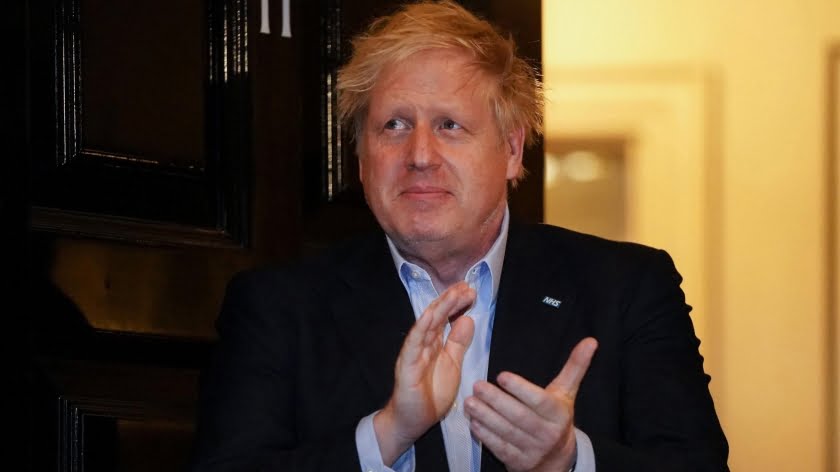


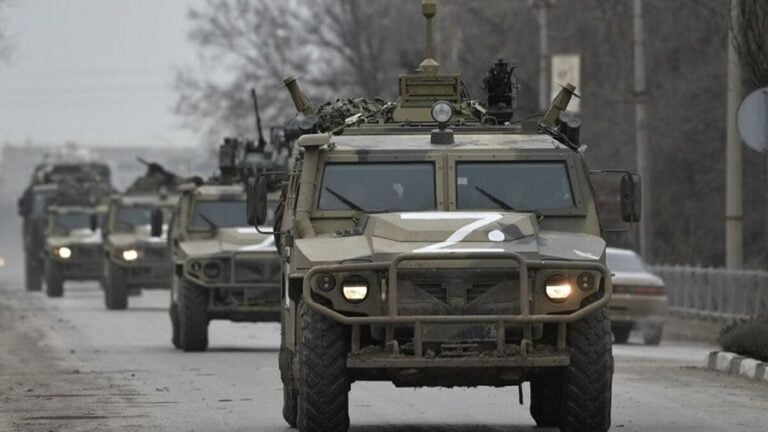
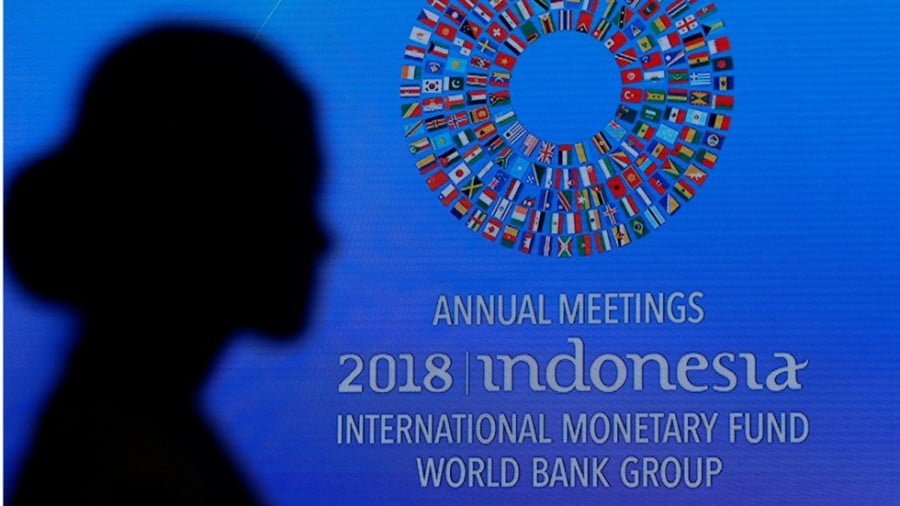
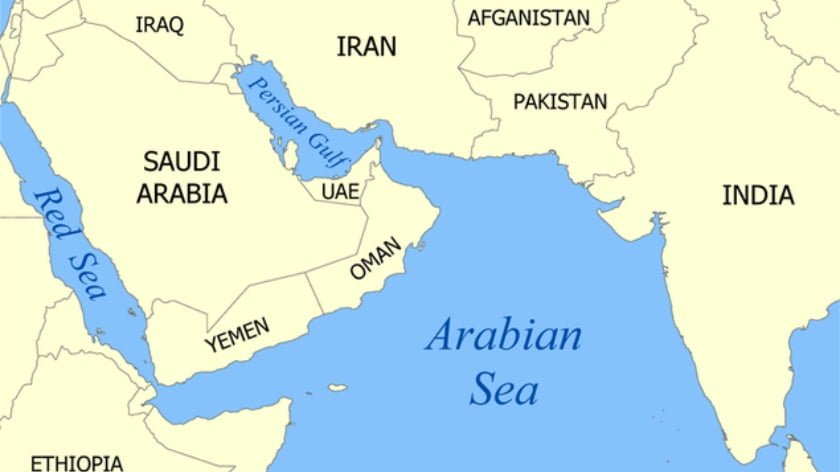
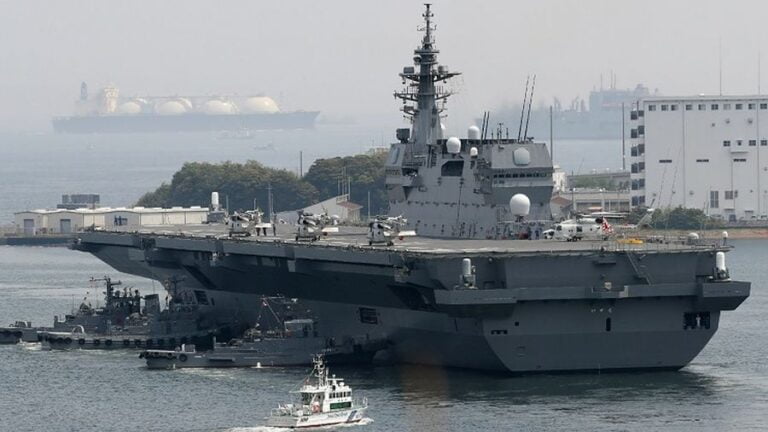
This just goes to show that governments should not be in the health care business, but if they don’t have war to justify their existence, they need another excuse to preside over the taxpayers who pay their way.
Globally, Fascists Use Coronavirus Crisis To ‘Freeze’ Democracy – COVID-19 Creates Problem, Fear Based Reaction – Trump Provides 9 Steps And 14 ‘Benefits Of 1 Percent Controlled, Top Down Medical, Military Monopoly Based Fascism – NYC Nurse; Nationalize The U.S. Healthcare System – Coronavirus Humor https://www.agreenroadjournal.com/2020/04/global-fascists-use-coronavirus-crisis.html